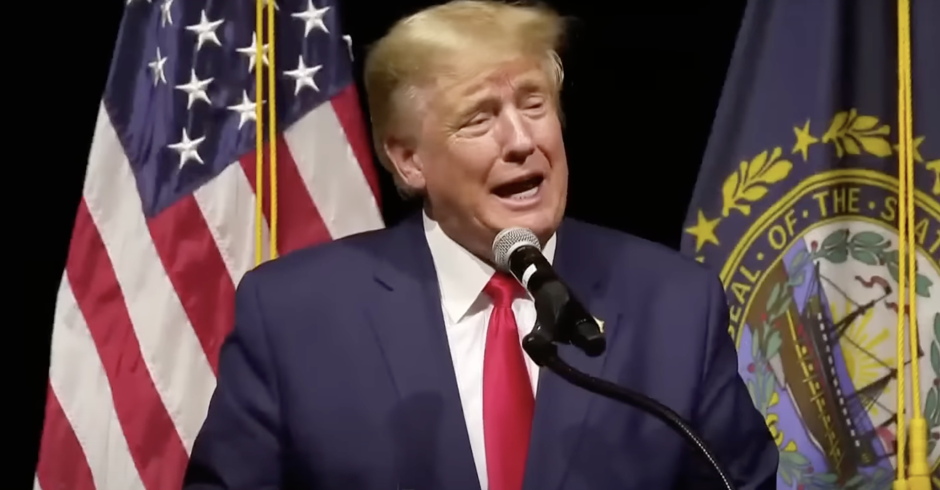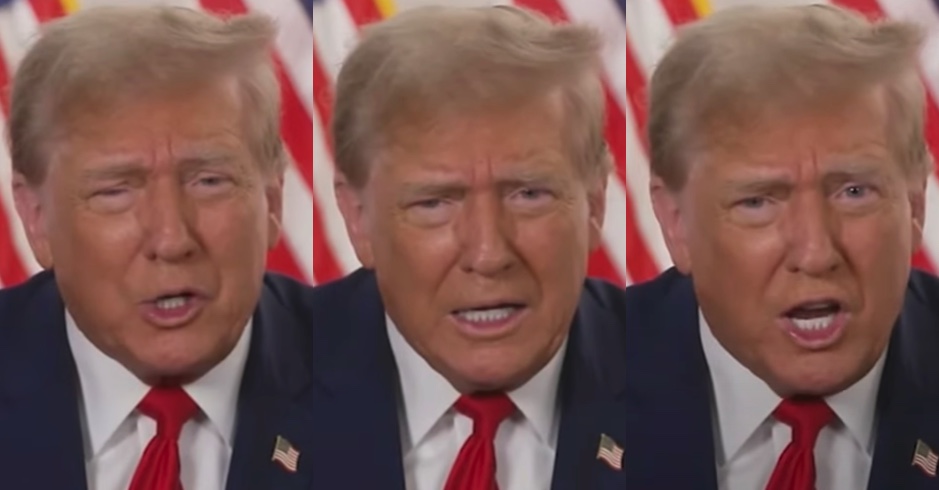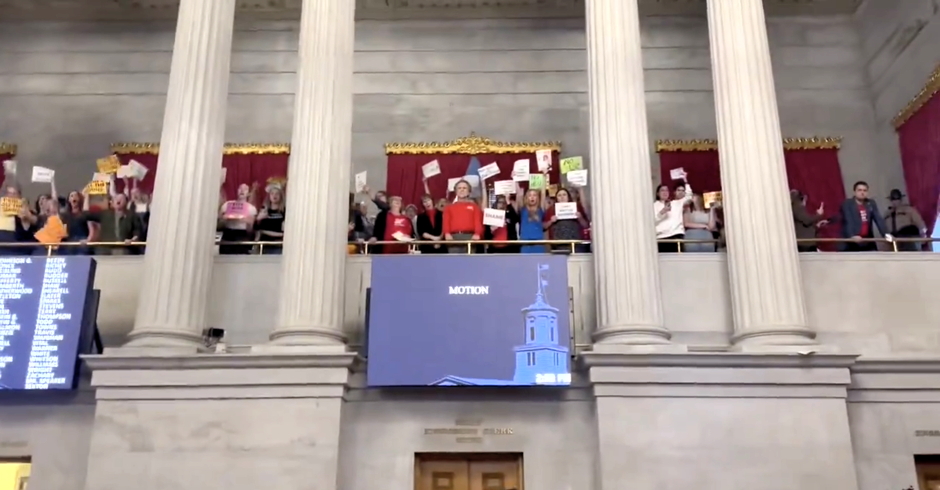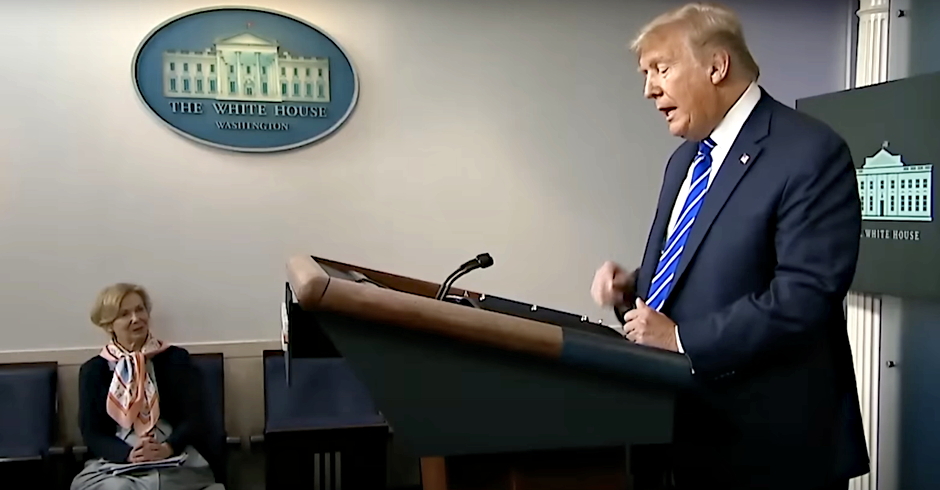News
Judge in Rape Defamation Trial May Have Been Warning of ‘Obstruction of Justice Crimes’ for Trump: Former Prosecutor

The federal judge overseeing E. Jean Carroll‘s civil lawsuit alleging Donald Trump raped and defamed her, on Wednesday strongly warned the ex-president’s attorney just hours after Trump had made several negative social media posts attacking the lawsuit and his accuser.
Now a well-known former federal prosecutor is explaining the judge may have something stronger in mind than contempt of court.
Wednesday morning, before the trial got underway, U.S. District Judge Lewis Kaplan warned Joe Tacopino, Trump’s attorney, his client’s remarks on social media were “entirely inappropriate,” as Law & Crime’s Adam Klasfeld had reported.
Tacopino promised to have a talk with Trump.
That apparently did not solve the problem.
“Carroll’s lawyer notes the Eric Trump tweeted about him,” Klasfeld reported later Wednesday afternoon, referring to Trump’s son Eric. “After that, Kaplan issues a stern warning to Tacopina, saying the posts could put the ex-prez and ‘conceivably’ his son ‘in harm’s way.'”
“If I were in your shoes, I’d be having a conversation with your client,” Judge Kaplan said, as Law & Crime’s Adam Klasfeld reported.
Kaplan added, “there are some relevant United States statutes here and somebody on your side ought to be thinking about them.”
When Kaplan first warned Tacopino Wednesday morning, some assumed he might have been suggesting possible contempt of court charges for Trump, should the ex-president continue.
Former U.S. Attorney Joyce Vance, now a professor of law, MSNBC contributor, and podcaster says Judge Kaplan might be thinking of something more substantial.
“The judge in the E Jean Carroll trial is taking Trump’s derogatory social media posts from this morning seriously,” Vance writes. “His reference to other federal statutes is likely to the 18 USC 1500 series of obstruction of justice crimes.”
Cornell Law School’s Legal Information Institute explains, “Obstruction of justice broadly refers to actions by individuals that illegally prevent or influence the outcome of a government proceeding. While the quintessential example of obstruction of justice involves tampering in a judicial proceeding, there are numerous laws on obstruction of justice, covering all branches of government and targeting different kinds of obstruction.”
Enjoy this piece?
… then let us make a small request. The New Civil Rights Movement depends on readers like you to meet our ongoing expenses and continue producing quality progressive journalism. Three Silicon Valley giants consume 70 percent of all online advertising dollars, so we need your help to continue doing what we do.
NCRM is independent. You won’t find mainstream media bias here. From unflinching coverage of religious extremism, to spotlighting efforts to roll back our rights, NCRM continues to speak truth to power. America needs independent voices like NCRM to be sure no one is forgotten.
Every reader contribution, whatever the amount, makes a tremendous difference. Help ensure NCRM remains independent long into the future. Support progressive journalism with a one-time contribution to NCRM, or click here to become a subscriber. Thank you. Click here to donate by check.
 |



























